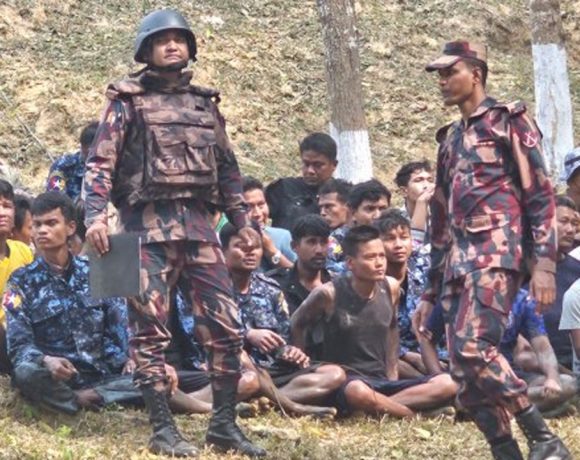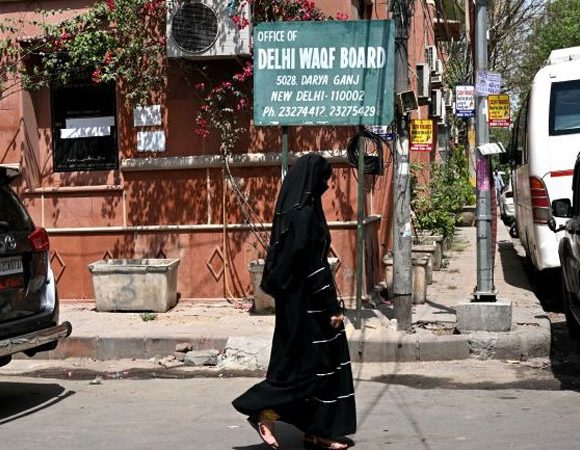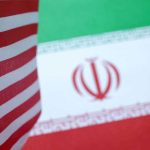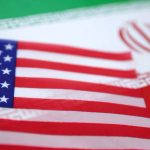Rohingya repatriation at risk amid US-China rivalry
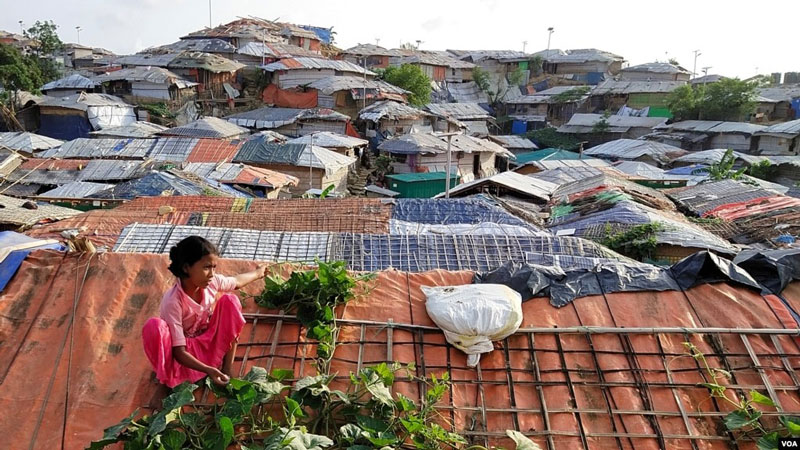
PARBATTANEWS ONLINE DESK
Growing competition between the United States and China over Myanmar is threatening efforts to repatriate Rohingya refugees from Bangladesh, according to a report by Samakal.
China has long maintained influence in Myanmar, while Washington has sought for decades to expand its presence in Naypyidaw. After briefly pulling back in response to the Rohingya genocide, the United States has renewed engagement, lifting sanctions on several junta generals and their associates, the paper reported.
Countries that prioritise human rights — including the US — had previously sanctioned Myanmar’s military leaders and allies for ethnic cleansing and genocide against the Rohingya. But Washington recently withdrew restrictions from junta-linked businesses, a move that international relations experts criticized, saying it reflects US interest in Myanmar’s rare earth minerals.
“Recently, the Myanmar government has hired powerful lobbyists in Washington and strengthened its embassy,” former Bangladeshi ambassador M Humayun Kabir told Samakal. “The United States has lifted certain sanctions. Both sides appear eager to normalize relations. But this puts at risk those involved in Myanmar’s democratic movement, as well as accountability for the Rohingya genocide and the prospect of repatriation.”
The rivalry between Washington and Beijing over Myanmar is rooted in geopolitics, economics and strategic interests. For China, Myanmar serves as a gateway to the Bay of Bengal. Beijing has invested heavily in infrastructure projects under the Belt and Road Initiative, including the Kyaukphyu pipeline and railway, while securing access to Myanmar’s gas, minerals and timber.
The United States, meanwhile, has shifted away from its earlier emphasis on democracy and human rights. Years of sanctions failed to weaken Myanmar’s generals. By lifting restrictions, Washington is positioning itself to access rare minerals and counter China’s dominance.
Myanmar is a major supplier of rare earth minerals used in advanced weapons and technology, and the US, which produces little of its own, remains dependent on imports.
According to Samakal, Myanmar’s junta is also seeking closer ties with Washington after years of isolation. During global trade disputes, former President Donald J Trump wrote to junta chief Min Aung Hlaing, who praised Trump’s “strong leadership” and requested low-interest loans and sanctions relief.
US interest in Myanmar is not new. Former President Barack Obama visited the country in 2012, followed by Hillary Clinton in 2014. Analysts noted that engagement deepened under Mr Trump, who began easing sanctions. Critics warned that this risks stalling international investigations into the Rohingya genocide and undermining accountability.
On Bangladesh’s position, Mr Kabir said, “We must not look at Myanmar only through the lens of the Rohingya issue. Broader dynamics are at play, including Myanmar-US relations and US-China rivalry. These developments are gaining momentum.”
On Monday, the US State Department issued a statement praising Bangladesh and other countries hosting Rohingya refugees. It also reaffirmed support for displaced Rohingya and for other citizens of Myanmar.
Officials at Bangladesh’s foreign ministry told Samakal that without justice for the 2017 violence, cycles of genocide and crimes against humanity have continued in Myanmar. They warned that ongoing violence not only threatens Myanmar’s population but also jeopardizes the future of the Rohingya, creating a wider security risk for the region.

